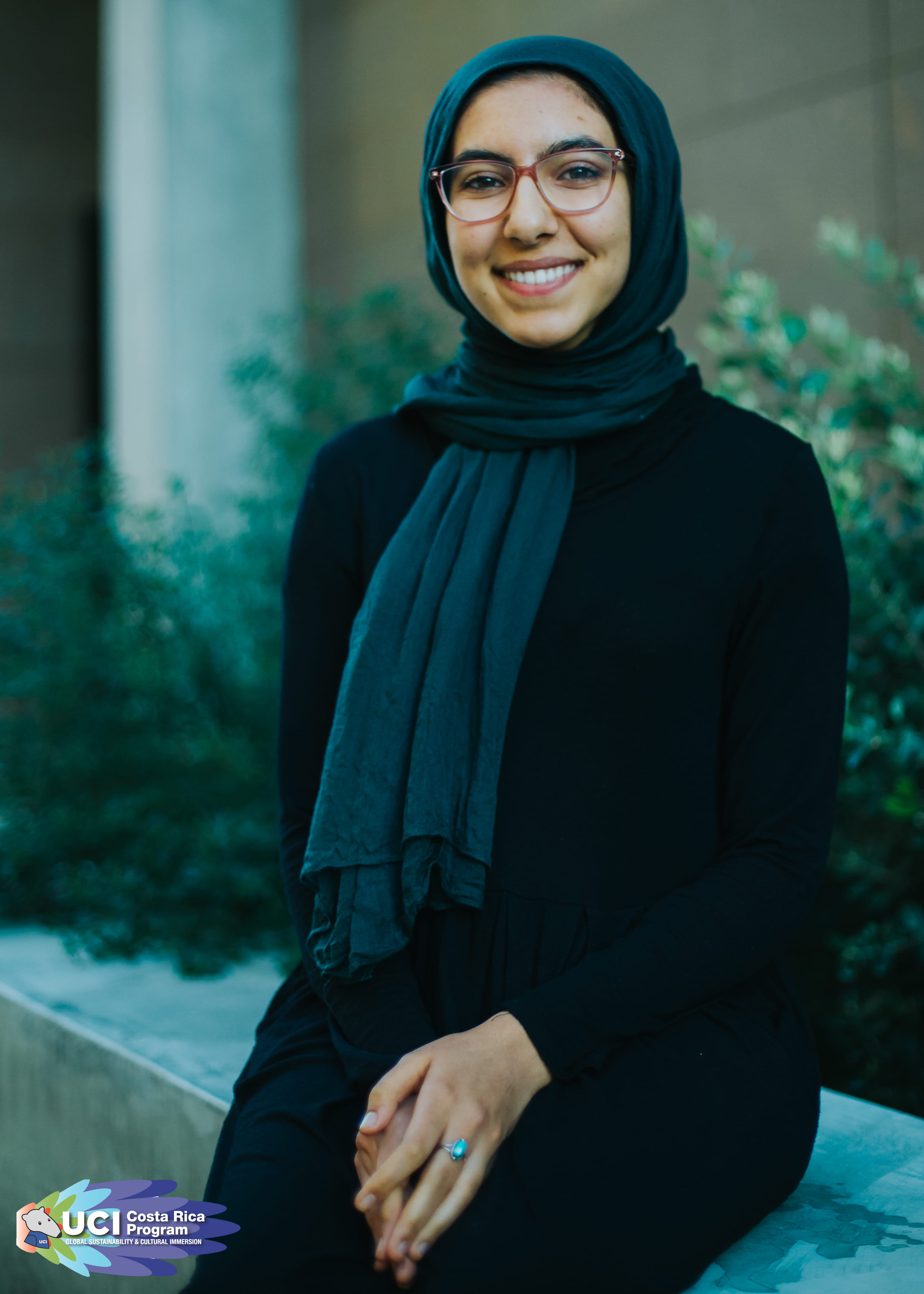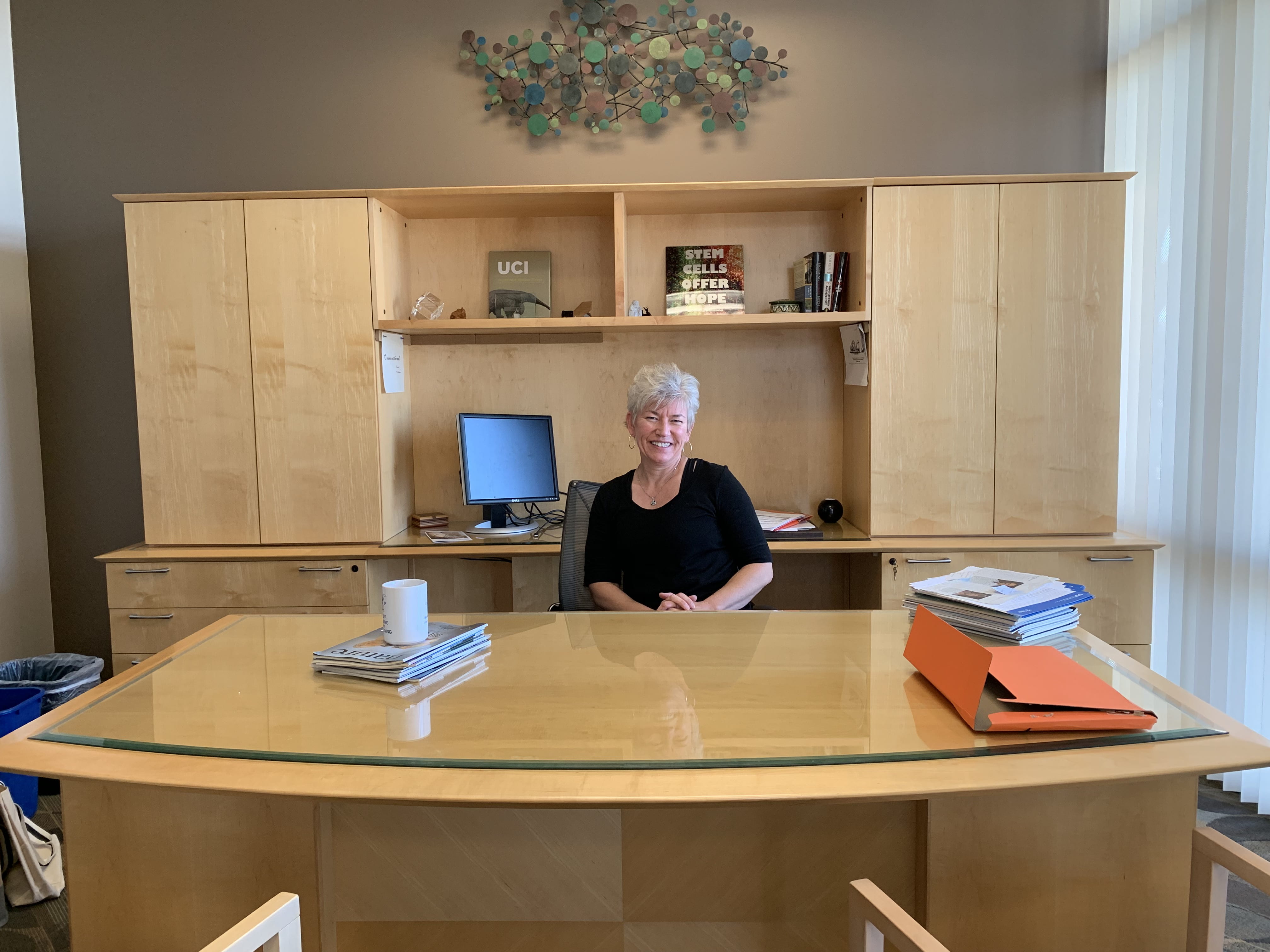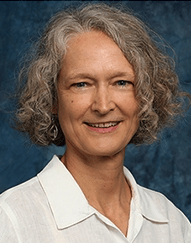The environmental justice league
UCI student fellow with UC Carbon Neutrality Initiative establishes campus collective focused on community-driven, equity-based climate solutions

For UCI junior Neda Ibrahim, it’s not enough to merely reduce carbon emissions. She believes that society needs to simultaneously confront the injustices related to the disproportionate environmental effects on low-income communities and people of color.“There are so many intersecting issues of race, economic inequality, social justice and how they relate to environmental challenges that we need to be addressing. That’s what environmental justice means to me,” she says. “I really value interdisciplinary thinking, and what I want to do after graduation is at the intersection of environmental science and community-based climate resilience.”
Ibrahim is majoring in environmental science & policy – an interdisciplinary program that links coursework in the School of Physical Sciences and the School of Social Ecology. Since January 2020, she has been a student fellow with the Carbon Neutrality Initiative, an effort to bring the University of California system to net-zero carbon emissions by 2025. Student fellows from each UC campus, as well as from UC Agriculture and Natural Resources and the UC Office of the President, work on site-specific projects.
In this interview, Ibrahim discusses her involvement with the Carbon Neutrality Initiative, a transformational alternative spring break program in Costa Rica and the role her Muslim faith plays in her environmentalism.
You are a UCI fellow with the UC’s Carbon Neutrality Initiative, and you recently presented your project to the UC Board of Regents. How did that go?
It was a virtual meeting, over Zoom, and I had five minutes to talk about my project and how I hope to apply it to my future and my career. I received questions about how we can connect more students to the CNI and plug them into it. It was cool to see what different campuses are doing to meet carbon neutrality goals. The CNI is such an important effort because the UC is such a big system, not only within the state but nationally. It will make a huge difference for the UC to take on something so ambitious as having net-zero emissions by 2025. Having this priority acknowledges the importance of the climate crisis and acknowledges the scale of the problems.
Can you describe the project you’re working on as a CNI fellow?
My project has been to establish the Environmental Justice Collective at UCI. It’s a student-led project that seeks to educate the UCI community about environmental justice issues. We have discussions that root our work in a purpose – why we’re pursuing environmental justice. We’re also developing an environmental justice toolkit that we’ll make available to the UCI campus. To solve the climate crisis, we can’t just change the physical infrastructure on our campuses. We have to also change the human infrastructure and build that conversation about community resilience.
As a freshman, you participated in UCI’s Costa Rica Program. How did that influence you?
The Costa Rica Program had a huge effect on my journey. It involved taking a class during the winter and spring quarter, then doing an alternative spring break in Costa Rica. We focused on global sustainability through cultural immersion and community-based approaches, specifically a reforestation program run by a local community group. It was hugely important that we were deeply engaged with community leaders in the area. The experience did a lot to inspire my focus on ecology and sustainability and community resilience.
When did you first become interested in environmental issues, and why are you passionate about them today?
My passion grew out of my interest in outdoor spaces and natural spaces. I gardened with my grandparents when I was growing up in the Chino Hills area, and my family would road-trip to all these different parts of California. I’m also a Muslim, and my faith plays a big role in how I think about environmental issues and why we need community-driven solutions. We’re responsible for this land that we have around us and all these Earth systems that we need to function as a society and that are also beautiful parts of the world. So we’re stewards of that. Outdoor spaces are a way to connect with yourself and connect with God and gain a sense of appreciation and gratitude.

